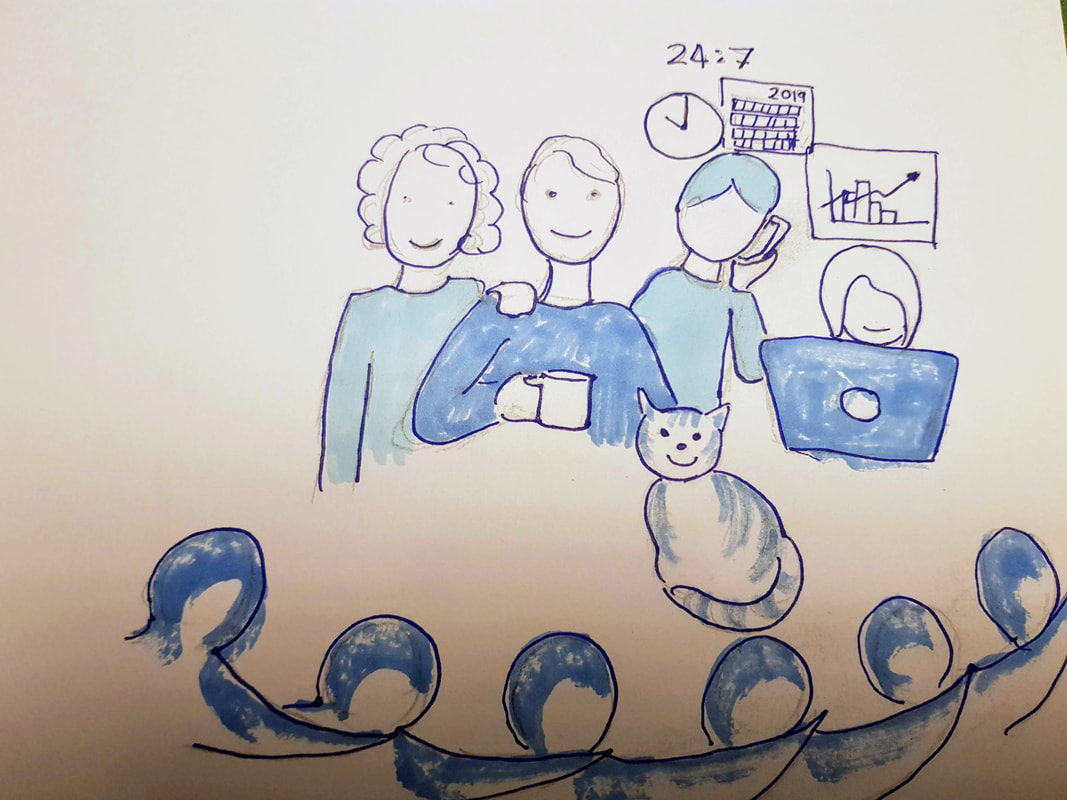|
www.evolutionaryconnections.co.uk
I responded to Anya De Longh this morning. https://blogs.bmj.com/bmj/2018/10/03/prescribing-personalised-social-pharmacological/
I describe myself as having an allergic reaction to the term social prescribing and this I think my answer below helps to explain why. It’s good that we are starting to recognise health as social and develop our practice accordingly. I worked with a practice recently where GPs were frustrated that what they could provide was not what their patients really needed. It was important to them and to most health care staff to know they can make a difference. Social prescribing enables them to do more of that. I had a conversation yesterday with someone who works for a CIC. They have a 30-year history of working with disengaged and hard to reach groups on community projects which make a difference to the individuals and help build the communities they live in. However, the CIC is under threat as the funding streams from local authorities, youth offending schemes and regeneration have disappeared. He had a conversation with a local GP, aware of the impact of the work the CIC does, who wanted to have this option on his prescribing list. However, a further conversation with the practice manager revealed this was not an option, they could only prescribe to funded projects and social prescribing funds have been cascaded down the health route. By trying to deliver a non-traditional approach in a traditional way we are at risk of further limiting the choice of the people we seek to support. We are viewing the issue through our own “health lens” and allocating resources according to our values and agenda. Activists are receiving the message that if they want to do something in their communities they must fund it themselves or rely totally on volunteers. If we are serious about empowering individuals to take responsibility for their own health and supporting communities to provide opportunities for this to happen then we need to give them the power AND the resources to do this. The issue with social prescribing, which is reflected in the language we use is the power and control. Social prescribing is a good start. I hope that as we change the language of this developing practice we can change the attitudes and the behaviours that underpin it too. We just need to do this quickly or the further community assets that are being starved of resources will wither and die. Comments are closed.
|
AuthorJane Pightling has experience across the public, private and charitable sector. Through her work in the NHS Leadership Academy and her consultancy Evolutionary Connections she developed complex systems leadership capacity, providing training, coaching programmes and establishing networks and communities of practice to sustain learning. She maintains her social work registration and her commitment to person centred and community focused approaches. Jane has a deep interest in the potential offered by new ways of working, designing and building organisations and communities that can best deliver this kind of service. She works with organisations and leaders to develop approaches that design in autonomy, wholeness and purpose. Archives
October 2021
Categories
All
|



 RSS Feed
RSS Feed